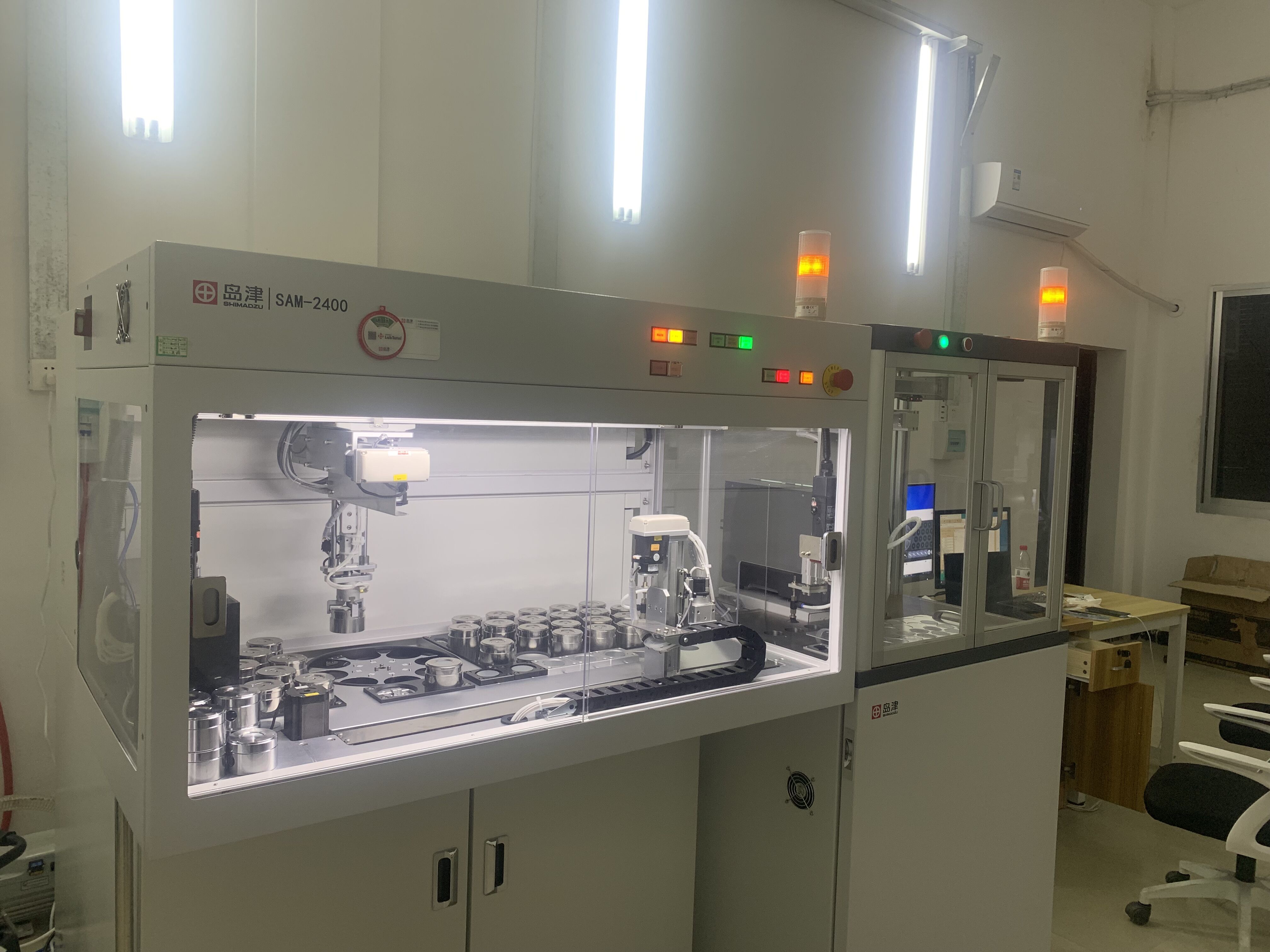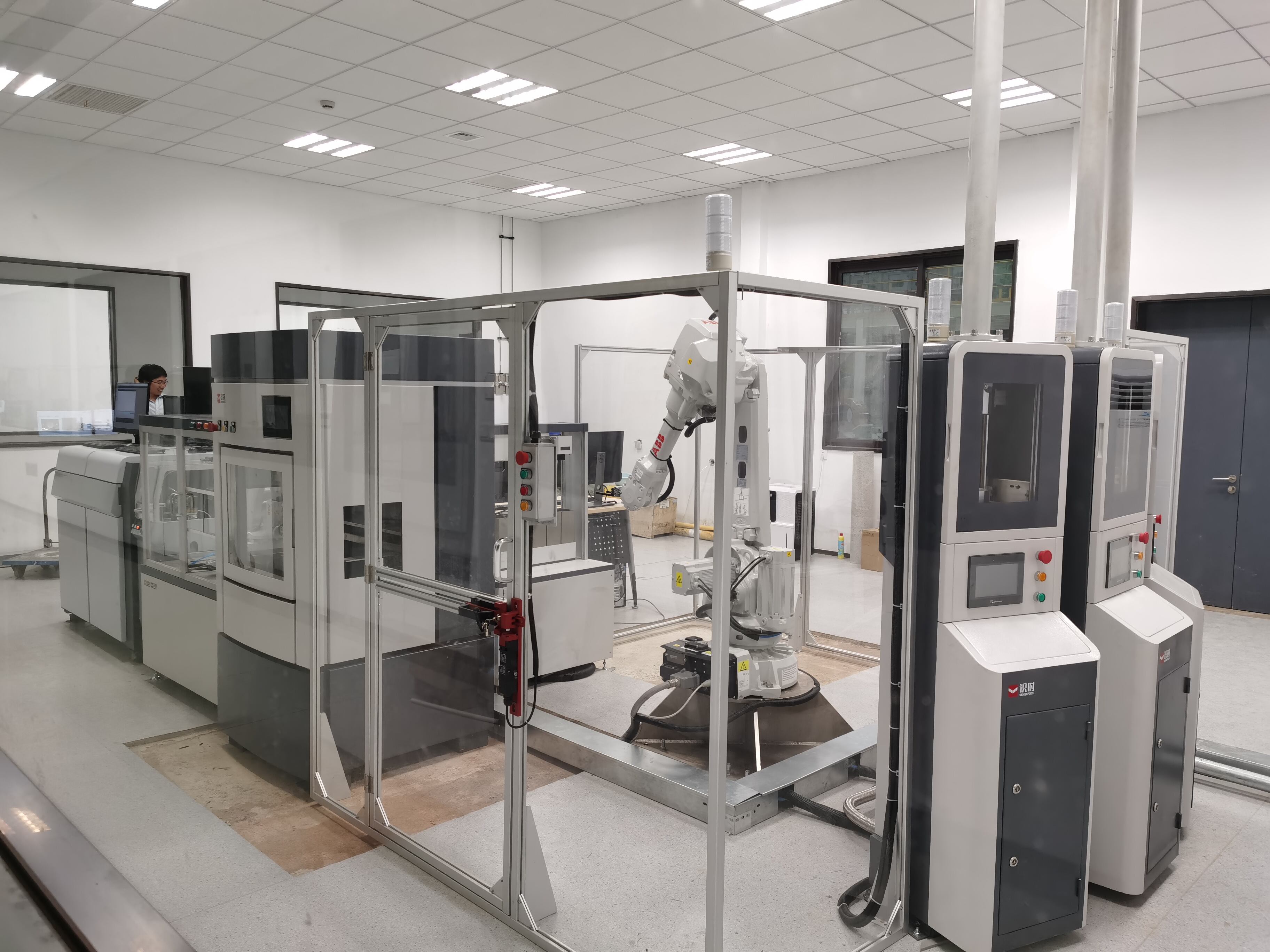production automation
Production automation represents a transformative approach to manufacturing that integrates advanced technologies, intelligent systems, and robotics to streamline production processes. This sophisticated system combines hardware and software components to create a seamless, efficient manufacturing environment. At its core, production automation utilizes programmable logic controllers (PLCs), sensors, and automated machinery to execute precise operations with minimal human intervention. The system encompasses various technological features, including real-time monitoring capabilities, predictive maintenance algorithms, and adaptive control mechanisms. These components work in harmony to optimize production flows, reduce errors, and maintain consistent quality standards. The application scope extends across diverse industries, from automotive manufacturing to pharmaceutical production, where it revolutionizes traditional manufacturing methods. The system's ability to handle complex tasks, maintain accurate documentation, and operate continuously makes it an invaluable asset in modern manufacturing facilities. Production automation also incorporates data analytics and machine learning capabilities, enabling continuous process improvement and operational optimization. This integration of smart technologies allows for flexible production scheduling, efficient resource allocation, and rapid response to changing market demands.

